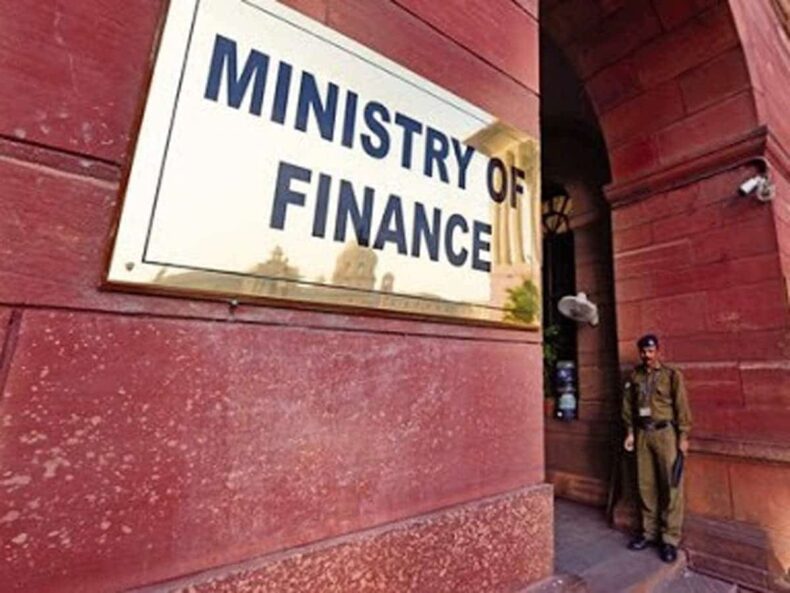Government preparing to overhaul direct tax laws

The Finance Ministry of India has denied reports on any discussion regarding changes to the capital gains tax, calling such reports “baseless.” This comes after an international Publication reported that the Indian government is planning an overhaul of its direct tax laws, aimed at reducing widening income inequality if Prime Minister Narendra Modi returns to power next year.
According to sources, the proposed changes aim to replace the complex matrix of rules with a simpler, more equitable system. India levies a tax rate of up to 30% on income but applies a lower tax rate to gains from specific asset classes such as equity funds and stocks. Critics argue that this approach to taxation is not progressive and goes against the principle of equity.
To address this issue, a panel may be established to build on proposals presented to the Finance Ministry in 2019, with the goal of implementing changes in 2024, although no final decisions have been made yet. The proposed changes would target India’s reliance on indirect taxes, such as consumption taxes, rather than direct taxes on capital, which is often cited as the primary reason for the country’s growing income inequality.
According to A Research Body, the top 10% of India’s population owns 77% of the nation’s wealth, while government data shows that only about 6% of the population pays income tax. Economists argue that a shift toward direct taxes on capital could help address this imbalance and reduce inequality.

Despite these reports, the Finance Ministry has denied any discussion on changes to the capital gains tax, stating that there is no such proposal before the government.
The denial of any discussion on changes to the capital gains tax comes as a surprise to many, given the need for reform of India’s tax system. The country’s current tax laws are seen as overly complex and difficult to navigate, discouraging investment and hindering economic growth.
If the Indian government does move forward with proposed changes to the capital gains tax, it could have far-reaching implications for investors and the Indian economy as a whole. Many investors may need to reconsider their investment strategies, and the government may need to consider alternative revenue sources to make up for any potential loss in revenue.
The proposed overhaul of India’s direct tax laws comes as the country grapples with rising income inequality and a shrinking tax base. The pandemic-induced economic slowdown has further worsened the situation, forcing the government to focus on increasing revenue collections to fund its social welfare programs and infrastructure projects.
The government’s decision to deny any discussions on capital gains tax may come as a relief to investors, especially those who have invested in the equity markets. The lower tax rate on gains from specific asset classes like equity funds and stocks has been a major draw for investors, and any proposed changes to the tax structure could have a significant impact on investor sentiment.
However, experts believe that a more progressive tax system that is based on the principle of equity could help reduce income inequality and promote economic growth in the long run. A well-designed tax system could not only ensure that the burden of taxation is shared fairly among citizens but also incentivise investments in productive sectors of the economy, leading to job creation and higher economic growth.
As the government moves forward with its plans to revamp the direct tax laws, it would need to strike a delicate balance between raising revenues and promoting investments, especially in a post-pandemic world where economic growth and job creation are of utmost importance.













